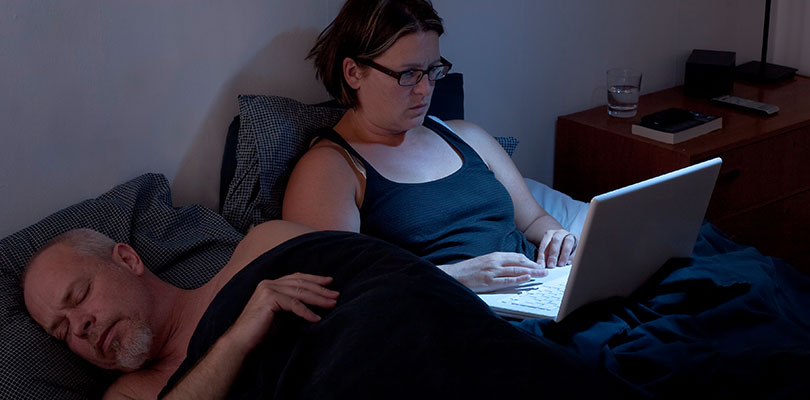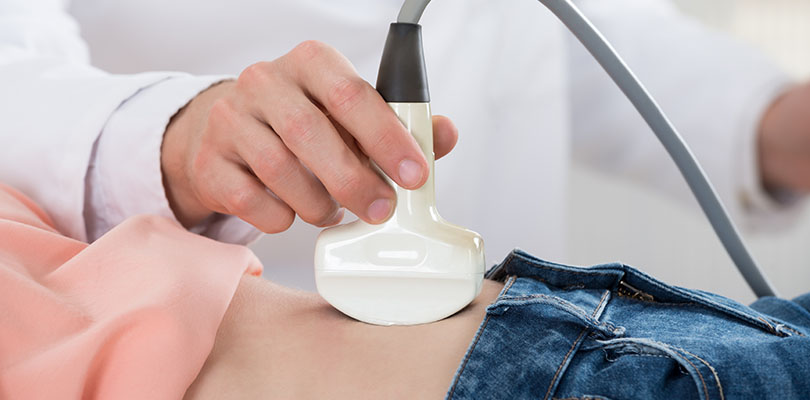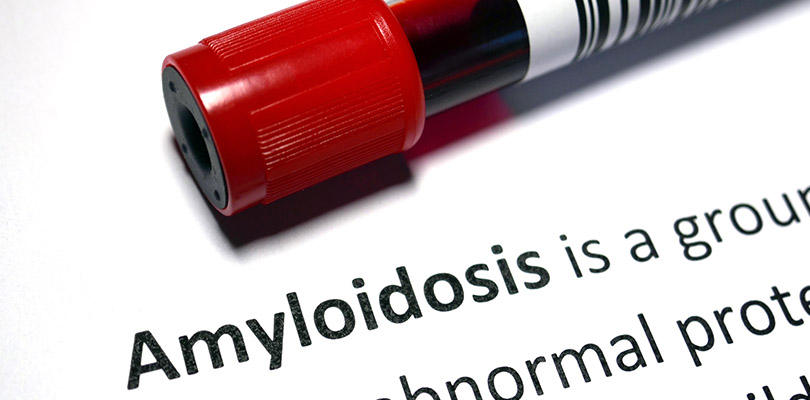
Photo Credit: Multiart / iStockPhoto.com
2. Circadian Rhythm Disorders
While anyone can develop a circadian rhythm disorder, if you travel frequently or work nights you have an elevated risk of developing one.
Our bodies follow natural cycles every day called its circadian rhythm. It is an innate ability, similar to the cycles of the seasons, tides and other naturally occurring events. Every day our bodies perform different functions optimally at various times during the day and night, including the sleep-rest cycle.
Circadian rhythm disorders are treated depending upon the underlying cause. For example, if you travel frequently or perform shift work, it is helpful to establish a regular sleep time regardless of what the clock says. Dietary measures, medications, and the use of melatonin may help to correct a circadian rhythm disorder.
Some people have an internal clock keeping them up at night and makes them want to sleep late in the morning. Many people who experience this develop a circadian rhythm disorder due to a combination of the internal clock problem and unhealthy habits.
For example, if you have acclimated to being a night owl and sleep until noon every day, it is highly unlikely you will be tired at a “normal” bedtime. You need to take vigilant steps to change your habits.
Get plenty of exercise, rise early even if you haven’t slept, and create a healthy, relaxing bedtime routine. Eventually you will be able to correct the disorder. This can take several months to accomplish.
You may initially need to use medications to promote sleep. Avoid the use of alcohol, caffeine and heavy meals, especially late in the day.
As people age the need for sleep often diminishes; many older adults find they fall asleep early in the evening and awake well before dawn. This type of circadian disorder can be difficult to change, so talk with your health care provider if you suffer from it.
Many women experience ovarian cysts at some time in their lives. Most cysts are harmless, but some can cause serious symptoms.







